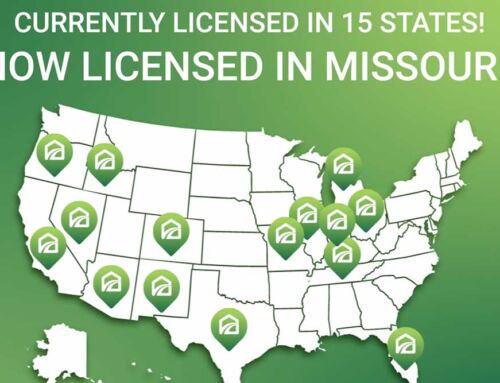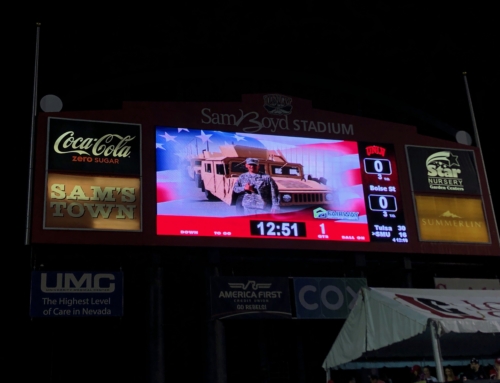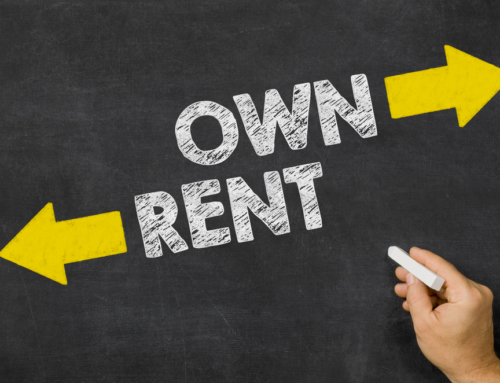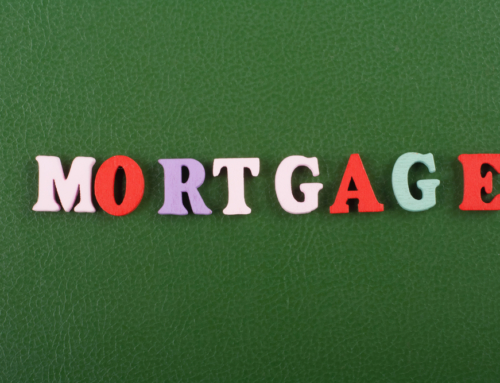How to Choose the Best Closing Date for Home Purchases
When getting a mortgage loan from the best loan officers in Las Vegas, one issue to keep in mind is the closing date of the purchase. The closing date refers to the date when all of the paperwork is signed and completed, and the money is transferred from the lender to the buyer and the buyer to the seller. There are several considerations to keep in mind when selecting the closing date of your home purchase.
Negotiating the Date With the Seller
The closing date of the purchase of a home is something that buyers and sellers negotiate. It may behoove a seller to get the soonest possible closing date, so they can get their money faster. Buyers may also want a fast closing date in order to avoid interest rate increases. The closing date should be written into the purchase contract.
Interest Payments
Mortgage payments are paid in arrears. The interest portion of the mortgage payment is considerable for the first months and years of the loan term. A closing date later in the month means that you pay less in interest for the first mortgage payment. It is not savings, but it may be better for your cash flow.
Taxes and Homeowners’ Association Fees
Most jurisdictions have property taxes, and those are typically due once or twice per year. From the buyer’s perspective, it is better for you to close near the end of the billing period for property taxes. For example, if property taxes are due on June 30 and December 31 each year, a closing date of June 30 means that the current homeowner pays the full tax bill for the June 30 billing date. Find out the due date for homeowners’ association fees if those apply to the property.








